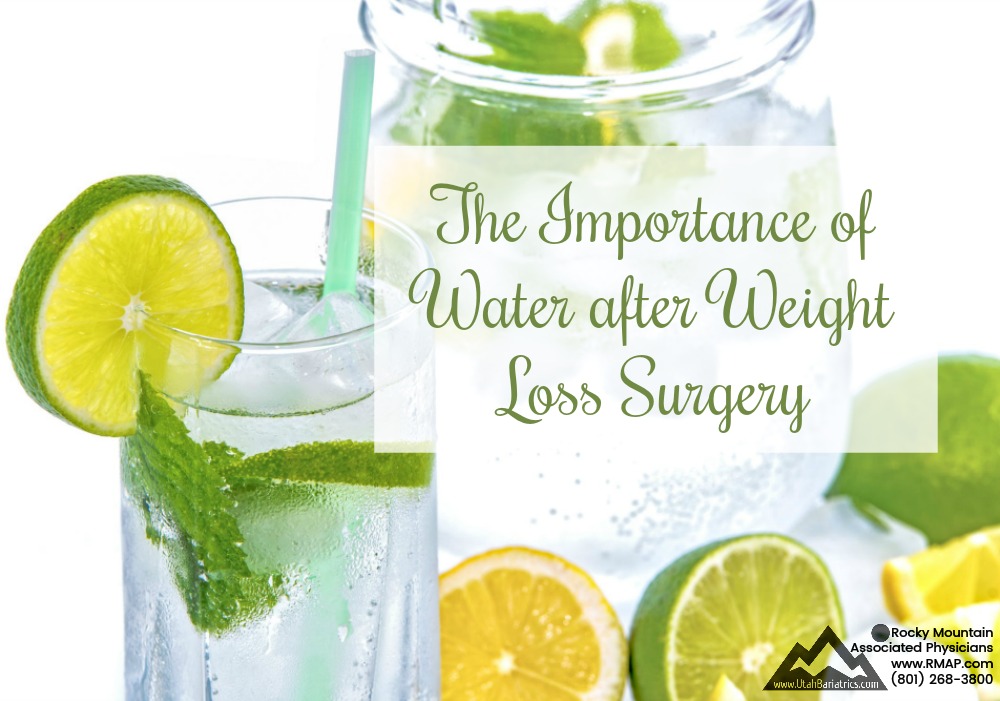
Learn more about weight loss surgery at Rocky Mountain Associated Physicians www.RMAP.com (801) 268-3800
Your body is about 2/3 water and is an essential component of all body tissues and is a substrate in metabolic reactions. It is essential for the physiological processes of digestion, absorption and excretion; and plays a key role in the structure and function of the circulatory system and acts as a transport medium for nutrients all body substances.
Every day, you lose some of that water through various ways, including your breath, perspiration, urine, and bowel movements. The body has no provision for water storage; therefore the amount of water lost every 24 hours must be replaced to maintain health and body efficiency.
Under the average circumstances the body loses and needs to replace approximately two to three quarts of water daily. For your body to function at its best, you must constantly replace your water supply by consuming beverages and foods that contain water.
The benefits of proper hydration are:
- Decreased feelings of hunger
- Proper bowel function
- Washes toxins out of your body
- Decreases your risk for kidney stones
- Improvements in memory and decreased feelings of depression
Americans are notorious for mistaking their thirst drive for hunger when what they really need is simply a drink of water. After surgery, drinking enough water, and at appropriate times, is essential to long-term weight loss.
Hydration Troubleshooting
Proper hydration can alleviate many physical ailments:
- If you are experiencing fatigue, drink more water.
- If you are having bouts of severe constipation, drink more water.
- If you are feeling depressed or anxious, drink more water.
- If you have difficulty with concentration, drink more water.
- If you have a desire to graze, drink more water.
- If you experience dizziness, drink more water.
- If you are experiencing nausea, drink more water.
Patients are often surprised to discover that the solution to what seems to be a severe problem is simply increasing their water intake. If symptoms persist after increasing your fluid intake, please contact your surgeon immediately.
Dehydration is defined as the lack of adequate body fluids the body needs to carry on normal functions at an optimal level. Fluid loss (through vomiting, diarrhea or excessive urination), inadequate intake of water, or combinations of both are causes of dehydration.
Fluid to Avoid after Weight Loss Surgery:
- Carbonated beverages; they offer no nutritional value and will sabotage your long-term weight loss. After weight loss surgery the surgeons at RMAP strictly forbid the consumption of carbonated beverages. Often they are also high in sugar and caffeine.
- Caffeine; it can be found in carbonated beverages and coffee also has detrimental effects on the human body.
- Alcohol; drinks containing alcohol are often carbonated and always high in sugar. They are of no nutritional value.
Warning Signs of Dehydration
Mild Dehydration:
- Thirst
- Dry lips
- Slightly dry mouth
Moderate Dehydration:
- Very dry mouth
- Sunken eyes
- Skin does not bounce back quickly when lightly pinched and released
If you don’t have any significant health conditions, such as uncontrolled diabetes or a serious heart condition, you can usually treat mild to moderate dehydration by simply drinking more fluids. Mild to moderate dehydration that’s untreated can lead to significant dehydration, so seek medical attention if you find any of the following apply:
Severe Dehydration:
- All signs of moderate dehydration
- Rapid, weak pulse (more than 100 at rest)
- Cold hands and feet
- Rapid breathing
- Blue lips
- Confusion, lethargy, difficult to arouse
If you are experiencing any of the signs of severe dehydration contact your physician immediately or go the nearest hospital or emergency room or call 911.
Weight loss surgery patients experience some challenges in maintaining hydration levels through drinking the required 64 ounces of liquid each day. Report early any symptoms of dehydration you are experiencing. Early reporting results in timely lifesaving interventions.
Tips for Staying Hydrated (create a drinking plan)
- Drink constantly throughout the day rather than several ‘big gulps’ at once.
- If you have problems with constipation, it could be because you do not drink enough water.
- Keep a one or two quart bottle of water in your refrigerator and make sure you drink and refill it daily.
- When you pass a drinking fountain, stop for a refreshing drink.
- Use the color of your urine as a guide for how well you are hydrated. If you urinate regularly and your urine is light yellow, you are drinking enough. If it is dark yellow, increase your fluid intake.
- Carry a water bottle with you and drink regularly between meals.
- For a change, try squeezing some lemon or lime-juice into your water.
- Gastric Bypass patients often find that filtered water goes down more easily than non-filtered water.
- Spend the first 30 minutes or so in the morning after you wake up catching up on fluids. If you don’t drink before breakfast, it could mean you have to wait as long as an hour to drink again, which could set you up for dehydration.
The Do’s and Don’ts of Drinking
| DO | DON’T |
| Do drink 64 ounces of liquid a day, or more. | Don’t drink carbonated and/or caffeinated beverages, ever! |
| Do drink water as your beverage of choice | Don’t drink alcohol. |
| Do drink herbal teas. | Don’t drink coffee. |
| Do sip frequently | Don’t drink your calories. |
| Do drink diluted drinks such as Crystal Light on a limited basis | Don’t drink within thirty minutes of a meal, or thirty minutes after. |
| Do increase your water intake on hot days and when exercising | Don’t drink protein drinks, Ensure, or Carnation Instant Breakfast unless your surgeon has directed you to do so. |
| Do drink chicken, beef, or vegetable broth on a limited basis | Don’t forget that common maladies such as colds and the flu can frequently lead to dehydration. |
| Do remember that decongestant and antihistamines can cause constipation. Increase your fluid intake during the times that you are taking these types of medications. | Don’t wait until you are thirsty to drink water. By the time you feel thirsty you have probably already lost two or more cups of your total body water. |
Factors That May Influence Your Fluid Needs
Everyone’s fluid needs are different, even if the same two people are performing the same physical activity in the same physical environment or climate. Fluid needs may also be different depending on medical conditions and ailments.
Physical Activity
It is estimated that you need an extra 2 cups or so fluid a day if you’re exercising regularly. This is highly variable and might be an underestimation. A way to estimate fluid needs with exercise is to weigh yourself right before you exercise and again right after you finish. If you find that you’re 1 pound lighter after your workout, you need to replace that lost fluid with 16 ounces fluid, preferably water or beverages containing 10 calories or less per serving. That is in addition to the 64 ounces fluid a day recommended. A general rule of thumb, drink at least 4 ounces of fluid every 15 minutes into your workout, so you’re well hydrated, and so you won’t feel as overwhelmed when you try to make up your fluid losses after your exercise session is over.
Environmental Factors:
Temperature and humidity level can really make a difference in your fluid needs, particularly if you’re exercising outside. Hot or humid weather could increase your sweat production as well as your fluid needs. Heated indoor air is drying and could deplete your skin of moisture during the winter. Higher altitudes could also increase your risk for dehydration.
Illness or Medical Conditions
Fever, vomiting, and diarrhea could result in greater fluid and electrolyte losses. If you have heart failure or kidney disease, your doctor may restrict your fluid intake after your weight loss surgery.
For more information on adding artificial sweeteners to water, go here.
For more information on how much water you should be drinking, go here.
Find more answers to Frequently Answered Questions here.
www.RMAP.com
Rocky Mountain Associated Physicians
801-268-3800
1160 East 3900 South, Suite 4100
SLC, UT 84124






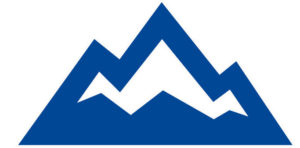

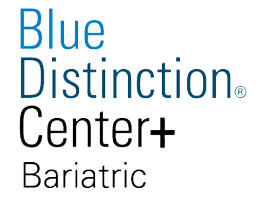

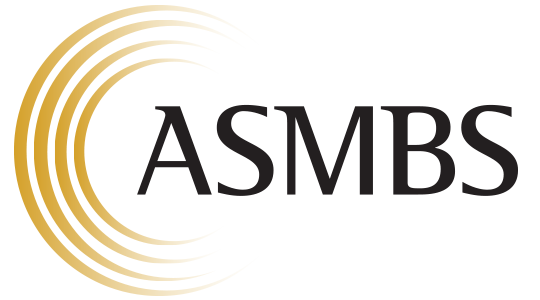
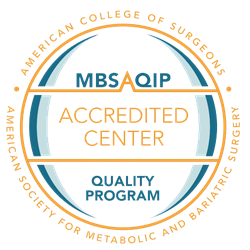
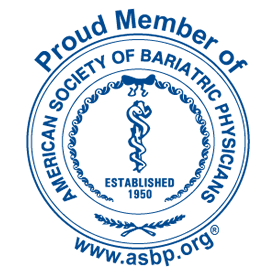
 Address: 1521 East 3900 South STE 100
Address: 1521 East 3900 South STE 100 Office: +
Office: +  Fax number (801) 268-3997
Fax number (801) 268-3997 Email: info@rmapinc.com
Email: info@rmapinc.com



